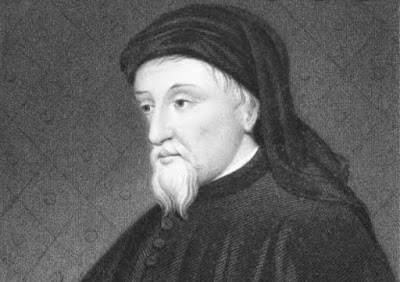An Outline of Thomas Hardy
In Thomas Hardy's play, Nature plays an important part. Nature is herself a character and Hardy's scenes are set in (Wessex) among trees, farms, fields and low Hills. Hardy believed that the past has built up a mass of conditions which remain to influence people's lives and I also thought that blind chance has a very important effect. The best way of life is therefore to accept calmly the blows of luck. His famous novels, spread over the years 1870-96 are mostly pictures of human beings struggling against fate or chance or luck. His best and most significant work is Far From The Madding Crowd written in 1874. He explains in this novel a patient love on one side and selfish passion on another side. Gabriel Oak, a gentleman or a shepherd, loves blindly Bathsheba Everdene from the bottom of heart. He serves her for many years with true heart and mind. Bu...





